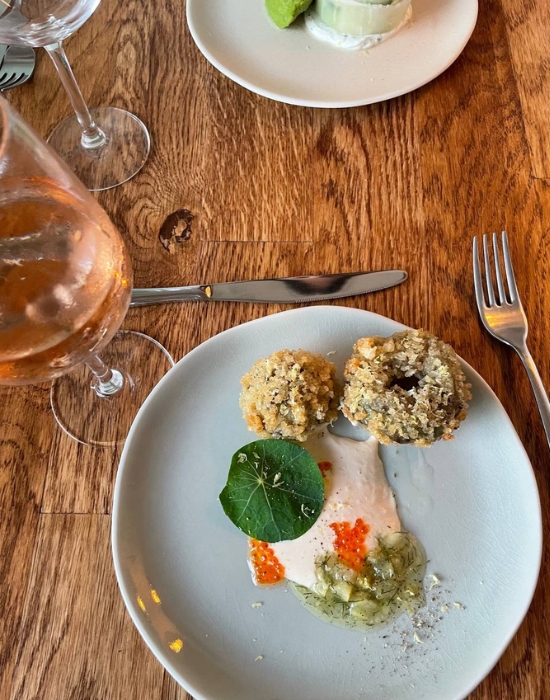Educating Sommeliers Worldwide.
By Beverage Trade Network

Recently, the wine industry has witnessed a significant shift toward premiumization, where consumers increasingly seek high-quality wines with unique characteristics and a sense of terroir. This is notable for all generational segments of the market. This trend stands in contrast to the era of large-scale, consistent but characterless wines that dominated the market in the past. As sommeliers are the trusted experts guiding wine selections, the rise of premiumization will undoubtedly influence their roles and responsibilities. Over the next three years, sommeliers will face new challenges and opportunities as they adapt to this evolving wine landscape. Here are some suggestions for sommeliers in this trending climate.
With premiumization comes an increased demand for expertise from sommeliers.
Sommeliers will need to curate wine lists that cater to the premiumization trend. While large-scale, consistent wines may still have their place, the focus will shift toward offering a diverse range of high-quality wines that showcase different regions, grape varieties, and winemaking styles.
Terroir, the unique combination of soil, climate, and other environmental factors that shape a wine's character, will become increasingly important.
Premiumization encourages exploration and discovery, pushing sommeliers to explore wines from lesser-known regions and boutique producers.
As the wine industry embraces technology, sommeliers must adapt accordingly. Digital platforms, such as wine apps and online marketplaces, can provide sommeliers with valuable data on consumer preferences and purchasing patterns.
Premiumization will place greater emphasis on the communication and service skills of sommeliers. They must effectively convey their knowledge to customers, guiding them through the wine selection process and explaining the nuances of each bottle.
As premium wines often possess unique flavors and characteristics, sommeliers will need to develop innovative pairing techniques.
By staying informed about the latest trends, expanding their knowledge, and cultivating relationships with winemakers, sommeliers can position themselves as trusted experts in the premium wine industry. Curating wine lists that offer a diverse range of high-quality wines will cater to the preferences of discerning customers and provide them with exceptional dining experiences.

Emphasizing terroir and storytelling will allow sommeliers to forge a deeper connection between customers and the wines they select. By sharing compelling narratives that highlight the origin and production methods behind each bottle, sommeliers can enhance the overall wine experience and captivate enthusiasts seeking a deeper connection with their chosen wines.
Exploring wines from lesser-known regions and boutique producers will enable sommeliers to offer unique and exclusive offerings that set them apart. Building relationships with these producers and accessing limited-production wines will attract customers who value authenticity and craftsmanship.
The integration of technology and data will also be crucial for sommeliers. Leveraging digital platforms, sommeliers can gather insights into consumer preferences and purchasing patterns, allowing for personalized recommendations and tailored wine selections. Embracing technology will provide sommeliers with a competitive edge in meeting the evolving demands of customers.
Moreover, sommeliers will need to refine their communication and service skills to effectively convey their knowledge and engage with customers. Providing exceptional service and understanding individual preferences will be essential for creating memorable experiences and building long-lasting customer relationships.
Finally, the trend toward premiumization will challenge sommeliers to develop new pairing techniques that complement the unique flavors and characteristics of premium wines. Experimenting with unconventional combinations and pushing boundaries in wine and food pairings will allow sommeliers to offer innovative and memorable dining experiences.
Overall, sommeliers must adapt to the trend of premiumization in wines to remain relevant in the evolving wine landscape. By redefining their expertise, curating diverse wine lists, emphasizing terroir and storytelling, exploring lesser-known producers, embracing technology and data, enhancing communication and service, and developing new pairing techniques, sommeliers can navigate the changing preferences of customers and continue to provide exceptional wine experiences. The journey ahead may present challenges, but for restaurants, wine bars, and sommeliers willing to embrace these changes, the future holds promising opportunities to thrive in the premium wine industry.